Half body CPR training manikin(Sim....
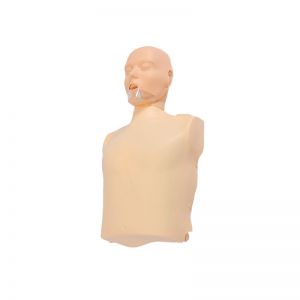
BIX/CPR100A
Advanced fully automatic electroni....
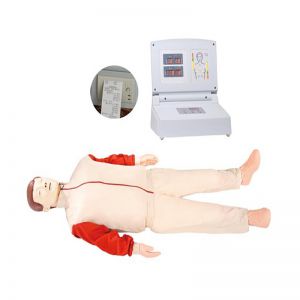
BIX/CPR480
Advanced computer half body CPR ma....
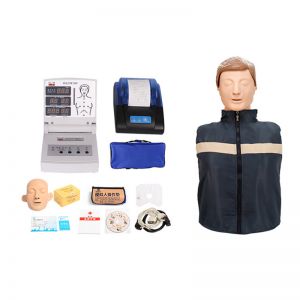
BIX/CPR260
Advanced infant head for trachea i....
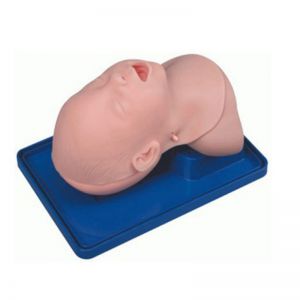
BIX-J3A
Neonate Head for trachea Intubatio....
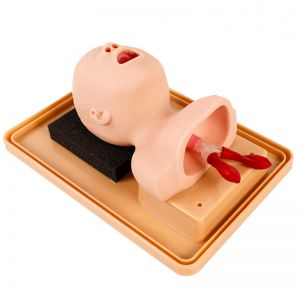
BIX-J2A
Created on:2024-09-28 | bomn
Article tag: Manual defecation training model medical nursing model
In the vast field of medical care, every skill is a sharp "knife" in the hands of nurses, and the health and safety of patients is the most precious "stone"...
In the vast field of medical care, every skill is a sharp "knife" in the hands of nurses, and the health and safety of patients is the most precious "stone" in this field. Manual defecation training model, as an important part of nursing skills training, undoubtedly plays the role of "whetstone" in nursing skills. With its unique function and value, it provides a valuable platform for nursing staff to sharpen and improve their skills.
Firstly, the manual defecation training model provides a close to real operating environment for the nursing staff. The model not only simulates the anatomical structure of the human body, but also restores the feel and feedback in the actual operation as much as possible, so that the nursing staff can practice repeatedly in a risk-free environment and gradually master every detail and key point of manual defecation. This highly simulated exercise not only helps nurses to be familiar with the operating process, but also cultivates good operating habits subconsciously, laying a solid foundation for future clinical practice.
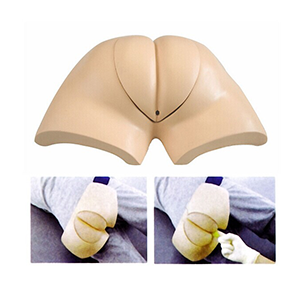
Secondly, as a "whetstone" of nursing skills, its core value lies in the ability to accurately feedback the quality of the operation of the nursing staff. Every operation performed on the model will receive immediate feedback, whether it is the accuracy of the operation, the mastery of the force, or the communication skills with the patient, can be comprehensively and objectively assessed. This immediate feedback mechanism enables caregivers to identify and correct their mistakes in time, thereby gradually improving their skill level through continuous practice.
In addition, it has flexible and diverse application scenarios. It can not only be used for the basic skills training of beginners, but also for the skills improvement of senior nurses and the simulation exercise of complex cases. By adjusting the parameters of the model and setting different simulation scenarios, we can meet the learning needs of nurses with different levels and different needs, and help them better adapt to various situations that may occur in clinical practice.
In summary, as a "whetstone" for nursing skills, the manual defecation training model provides a valuable platform for nursing staff to sharpen and improve their skills with its highly simulated design, accurate feedback mechanism and flexible application scenarios. In the future of nursing work, we believe that these highly trained nursing staff will be able to provide patients with better quality and safer nursing services with a more professional and more confident attitude.